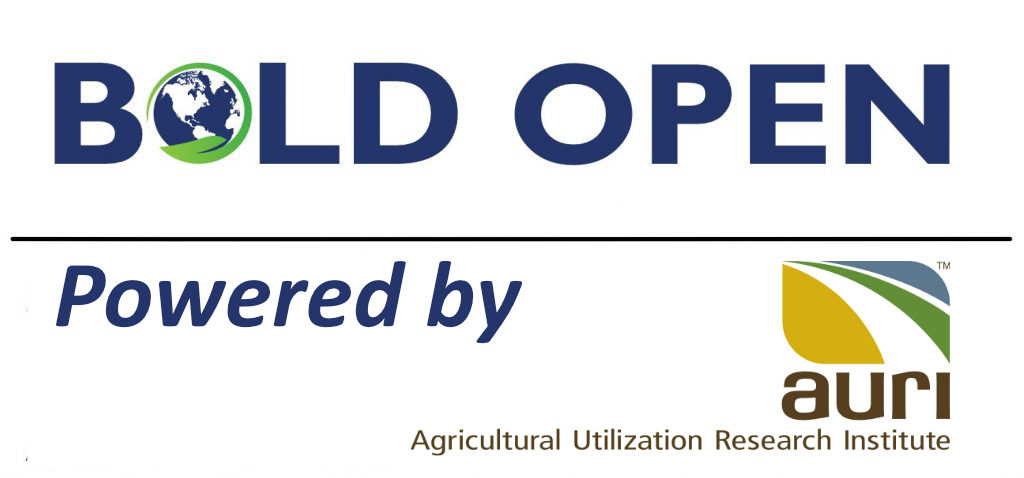
Enteric Methane Reduction
Open Innovation Challenge:
Identify a feed additive already approved for use in animal feed that can significantly reduce the amount of enteric methane produced by ruminant animals. Approximately 1/3 of a dairy farms total carbon footprint comes from the production of enteric methane emissions (U.S. Dairy LCA, 2013). Reducing the enteric methane is an important development for the dairy and beef industries as CPG companies are looking to reduce their carbon footprint and move to Net Zero carbon emissions over the next 25 to 30 years. There are several feed additives that are on the path to being approved for use in ruminants. However, many of these still face significant hurdles for approval due to the rigorous approval process required by the FDA and the long-term farm studies.
Reason for Seeking External Innovation Partnership:
Methane is 25 times more potent than CO2 at trapping heat in the atmosphere. In the ruminant animal 80-95% of the methane produced is in the rumen. We are looking to find a feed additive, that is FDA approved, that will reduce enteric methane production.
Scope of Solution Space:
Identify an FDA approved novel feed additive that can significantly reduce the amount of enteric methane produced by ruminant animals from a partner willing to conduct basic research. Furthermore, we would be interested in a partner who could conduct joint research or development to finalize some level of validation.
Solutions Not of Interest:
Ingredients or additives that are not approved for use in livestock feed.
Company Background:
Today, our four businesses (WinField United, Dairy Foods, Purina Animal Nutrition and Truterra, LLC) give us a farmer-to-fork view of agriculture. Pair this with our farmer ownership and we’re uniquely qualified to fulfill our purpose of feeding human progress around the world, while always delivering on our responsibility to member-owners through our core values.
